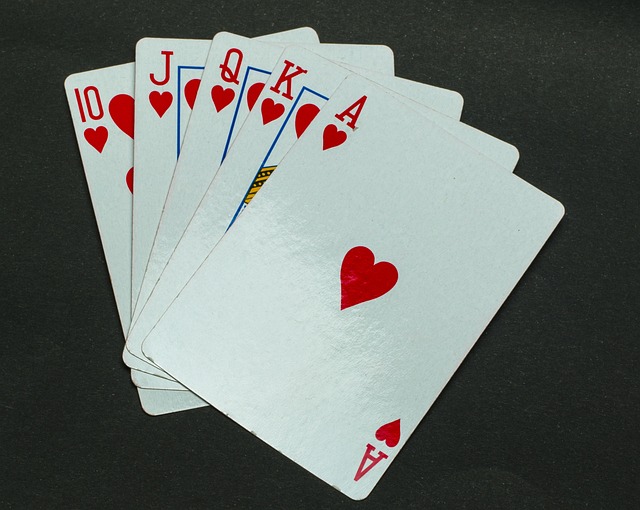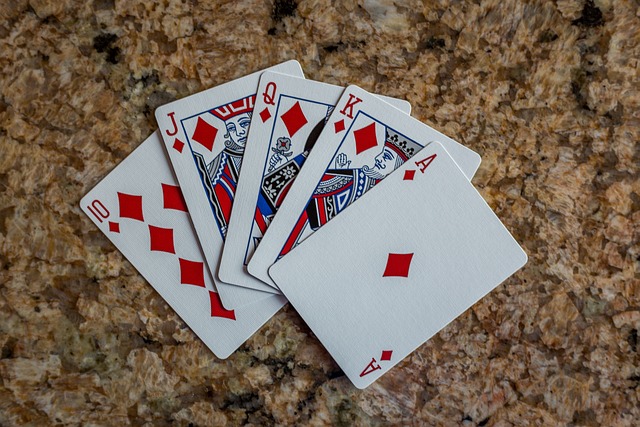Card Counting in Blackjack: A Proven Strategy or a Risky Move?
May 21, 2023
In the world of casino gambling, few games are as iconic and intriguing as blackjack. The allure of trying to beat the dealer, coupled with the potential for substantial winnings, has drawn countless players to the green-felted tables. One strategy that has captured the imagination of many blackjack enthusiasts is card counting, a technique purported to give players an edge over the house. In this article, we will delve deep into the world of card counting in blackjack, exploring its origins, mechanics, legality, and whether it is a proven strategy or a risky move for players.
But before we plunge into the intricacies of card counting, it’s worth mentioning that Bizzo Casino, like many other casinos, has a longstanding history of offering blackjack as one of its featured games. This popular establishment, known for its luxurious atmosphere and top-notch service, is one of the many destinations where players can test their skills at the blackjack tables. Whether you’re a novice or a seasoned player, the allure of blackjack and the potential rewards it offers are ever-present at casinos like Bizzo.
The Basics of Blackjack
To understand card counting fully, one must first grasp the fundamentals of blackjack. The game, also known as 21, is a card game where the objective is to beat the dealer by having a hand value as close to 21 as possible without exceeding it. Each card has a specific value: numbered cards are worth their face value, face cards (kings, queens, and jacks) are worth 10 points, and aces can be worth 1 or 11 points, depending on what benefits the player.
Players are dealt two cards initially, and the dealer receives one card face-up and one card face-down. The player’s goal is to make strategic decisions about whether to “hit” (take another card) or “stand” (keep their current hand) in an effort to beat the dealer.
Understanding Card Counting

Card counting, at its core, is a strategy that aims to give players an advantage by keeping track of the ratio of high to low-value cards left in the deck. In blackjack, high-value cards (tens and aces) are favorable for players, as they increase the likelihood of getting a natural blackjack (an ace and a ten-value card), which pays out at a higher rate. Low-value cards, on the other hand, favor the dealer.
The most well-known card counting system is the Hi-Lo system, which assigns values to each card:
- High cards (10s, face cards, aces) are assigned a value of -1.
- Neutral cards (7s, 8s, 9s) are assigned a value of 0.
- Low cards (2s, 3s, 4s, 5s, 6s) are assigned a value of +1.
Players using the Hi-Lo system keep a running count as cards are dealt, and this count helps them make informed decisions about their bets. A positive count indicates that there are more high-value cards remaining in the deck, favoring the player, while a negative count suggests the opposite.
The Pros of Card Counting
- Edge Over the House: When executed correctly, card counting can provide players with a slight edge over the house, shifting the odds in their favor. This advantage can lead to more consistent winnings in the long run.
- Strategic Gameplay: Card counting encourages strategic thinking and decision-making, making blackjack a game of skill rather than just luck. Players enjoy the challenge and the opportunity to improve their abilities.
- Legal in Many Places: Card counting is not illegal in most jurisdictions. While casinos may not welcome card counters, they can’t arrest or prosecute them for using their brains to play the game.
The Cons of Card Counting

- Difficulty: Card counting is not an easy skill to master. It requires a significant amount of practice and concentration, making it challenging for casual players to implement effectively.
- Casino Countermeasures: Casinos are well aware of card counting and employ countermeasures, such as reshuffling the deck or asking suspected card counters to leave. Players who are caught may be banned from the casino.
- Variability: Card counting does not guarantee winnings in every session. There can be periods of losses and unpredictability, even for skilled counters.
- Emotional Stress: The ups and downs of card counting can be emotionally taxing. The pressure to maintain a running count while facing fluctuations in fortune can lead to stress and anxiety.
The Legality of Card Counting
Card counting itself is not illegal. However, casinos are private establishments and have the right to refuse service to anyone they believe is gaining an unfair advantage. When card counting is detected, casinos often take action, such as barring the player from the premises. Therefore, while card counting is not against the law, it can result in significant consequences for players who are caught.
In the realm of casino gambling, card counting in blackjack occupies a unique position. It is a strategy that, when executed skillfully, can provide players with an edge over the house. However, it is far from a guaranteed path to riches. The risks, challenges, and potential consequences of card counting are factors that players must carefully consider before attempting to employ this strategy. Ultimately, whether card counting at Bizzo Casino or any other establishment is a proven strategy or a risky move depends on the player’s skill, dedication, and willingness to navigate the complex world of blackjack and casino gaming.